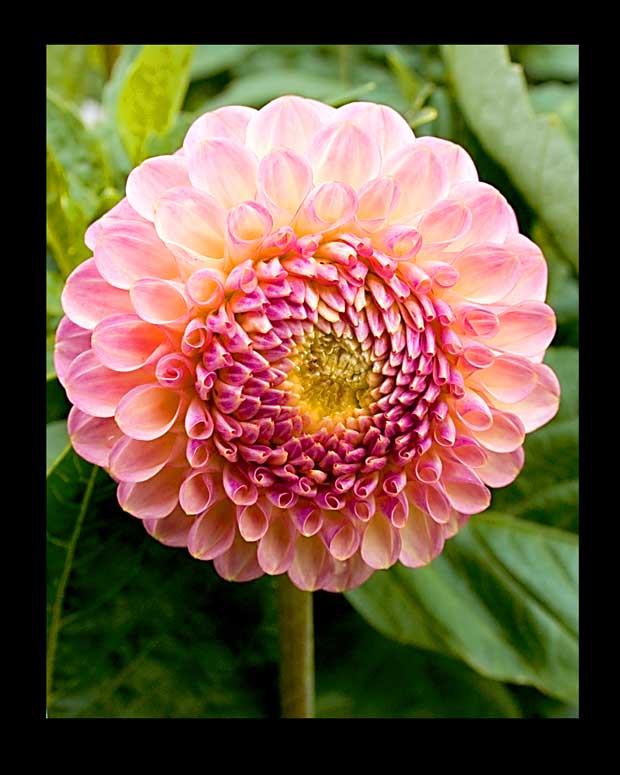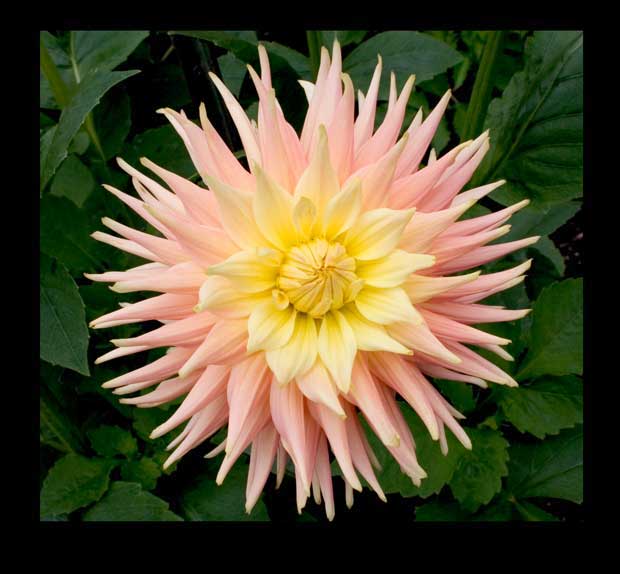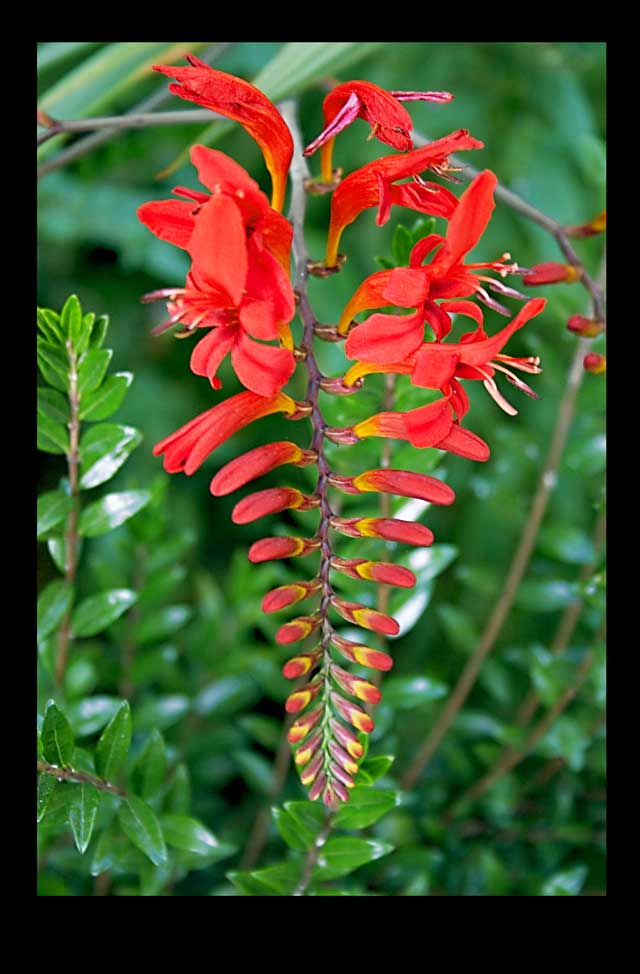I generally look for new insights in poems, but sometimes it’s enough to merely be reminded of old truths. Although there’s not too much “new” in Cold Mountain’s poems, he certainly reminds us of ancient truths. Many of the my favorite poems remind me of Jesus’ saying that “The poor shall always be with you” and that we reveal much about our true nature in how we treat them.
At worst, some would discriminate against the poor simply because they are poor, not rich:
104
Rich men met in an elegant hail
the colored lanterns glowed so bright
then a man who had no candle
thought he would sit nearby
instead he was chased away
back to his place in the dark
how could more eyes ruin the light
strange to begrudge leftover rays
Red Pine’s notes on the poem: 104. This poem is adapted from the following story: In the state of Ch’i, Mrs. Hsu and Mrs Li did their weaving at night by candlelight together with other village women. Mrs. Li complained to the other women that Mrs. Hsu didn’t bring any candles. Mrs. Hsu Said, “I’m simply too poor to buy candles. Every day I get up early and do housework and wait on others and always sit at the back. One person more in the room won’t make the candles dimmer. And one person less won’t make the candles brighter. How can a neighbor begrudge the extra light and not let a poor woman benefit so that she can do her work?” (Liehnuchuan: 6)
It’s hard to believe that people would be so petty, but apparently such discrimination is nearly as old as human nature. It reminds me of a recent controversy in Bellevue, Washington, where well-to-do neighbors objected because a church was hosting transients for a limited time as part of a county-wide attempt to equitably provide shelter for the poor. Strangely enough, the people had no objections earlier when other parts of the county had found space for the same people.
The follow poem reminds us that it’s not enough accept those that are “worthy” of our acceptance:
152
If others are worthy accept them
if they aren’t then don’t
if you’re worthy there’s room for others
if you aren’t there’s none for you
praising the adept and consoling the inept
a disciple of kindness finds his place
I urge you to follow Tzu-chang’s words
and ignore Pu-shang’s advice
Red Pine’s notes on the poem: Tzu-chang and Pu-shang were disciples of Confucius. The first two lines paraphrase Pu-shang’s view of entering into friendships, while the next four lines paraphrase Tao-chang’s response (Lunyu: 19.3
I especially like the lines “if you’re worthy there’s room for others/ if you aren’t there’s none for you.” Those who are truly “worthy” have room for all in their heart, and if they don’t have room in their heart they simply aren’t worthy.
Number 200 reminds me how uncomfortable I use to feel when I went to my favorite Greek restaurant in Portland because it was built right next door to a shelter for homeless people:
200
The unfortunate human disorder
a palate that never wearies
of steamed baby pig in garlic
of roast duck with pepper and salt
of deboned raw fish mince
of unskinned fried pork cheek
unaware of the bitterness of others’ lives
as long as their own are sweet
Somehow it just felt wrong to be spending as much for one meal for two as it would be too feed the poor food for a month at a shelter. To me it clearly illustrated the dilemma of trying to restore old areas of a city, a good cause in its own right, but one that invariabley seems to bring greater misery for the poor while simultaneously enriching the rich.
Unfortunately, it’s not always easy to tell when enough is too much.
And it’s hardest to be aware of others’ misery when you’re happiest.



